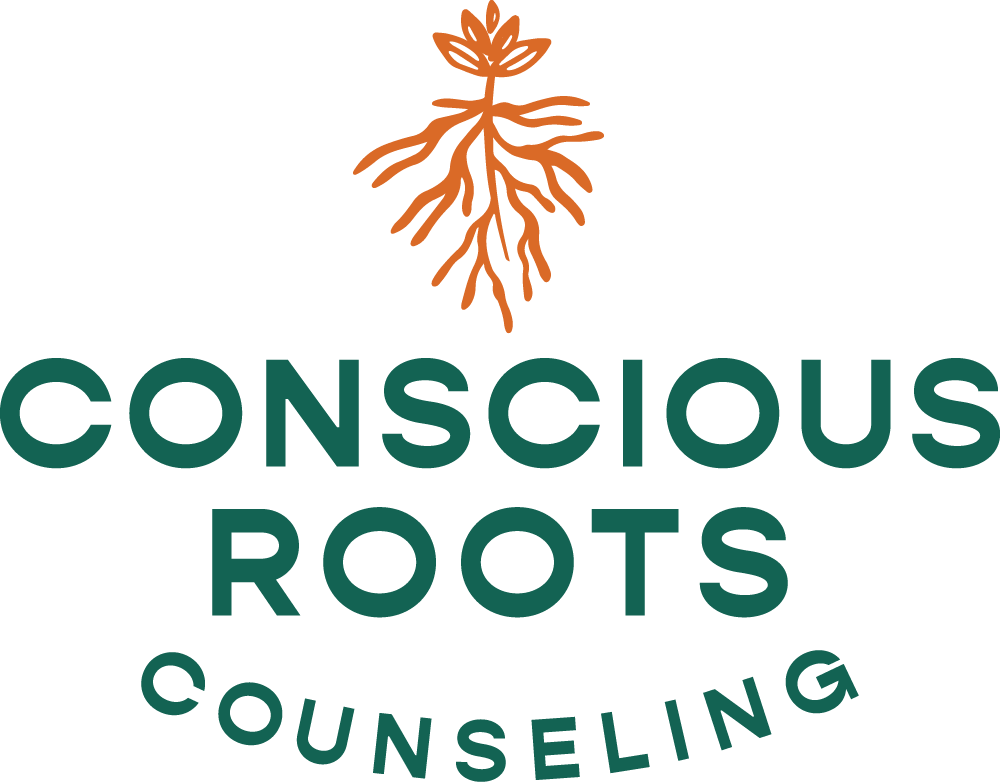3 Ways I Use Consciousness in my Daily Life as a Therapist
I define consciousness as being aware of how our past affects what we notice in our present. This is a skill using mindfulness as a starting point, then reflecting about past experiences.
When practicing consciousness there a few steps to follow:
The first step is to notice. This is mindfulness.
Emotions - Get more specific than “upset.” Sad, annoyed, giddy, anxious, etc.
Body - How does your body feel? Notice temperature, muscle tension, heart rate, etc.
Thoughts - Notice your internal dialogue. Having more positive or negative thoughts?
Now take that information and reflect on the why. When have you had similar experiences? Any early childhood memories coming up for you? Maybe the last month has been more stressful at work. Maybe you are not sleeping as well as usual.
As a therapist I do my best to be mindful and conscious in my daily life. When I notice I feel something like anxiety, sadness, irritation, etc. I take a moment to reflect on the why.
Here are 3 examples of how I use consciousness:
When I am running late I feel anxious. Then I feel irritable. If I actually start to run late, then I feel angry. My body is tense, my heart rate increases. My thoughts are usually along the lines of blaming others for making me late and not wanting to inconvenience the person/event I am going to.
Over time I have been able to reflect that I do not tolerate being late well because of childhood memories. I had one parent that often ran late and another parent that was always early or on time. There were times of conflict when leaving the house together. Now that I am aware of the cause, I can remind myself that the conflict was in the past, it is not in the present. I can be late and be okay.As a parent I am often challenged to be conscious. I remember when my son first started crying when I washed his hair. At first I noticed I was annoyed and told him, “It’s okay, I’m just washing your hair!” Not surprisingly, he continued to struggle with having his hair washed and I would grow increasingly frustrated. Then I went through the steps: I noticed my frustration, the tension in my neck, and thoughts of “why is he crying? What am I doing wrong? What’s wrong with him?”
Then I reflected and remembered that when I was his age I also struggled with washing my hair. I would cry when water and/or shampoo got into my eyes. Now armed with this memory, I could be more empathetic. Now when he cries I tell him, “I know it’s not fun having water in your eyes. You can close your eyes and lean back.” Now instead of fighting each other, we work together to wash his hair. Does he still cry? Yes. But we longer have power struggles and I am able to stay calm.We can also be conscious about the food we eat. Favorite go-to comfort food is a great example. Growing up in Cincinnati, OH my grandmother would often take me and my sister to United Dairy Farmers (UDF to us locals). UDF is a magical combination of gas station, convenience store, and ice cream parlor. Yes, ice cream from a gas station. I have fond memories of going to UDF with my grandmother to get a chocolate milkshake and a hot dog. I also have memories of making milkshakes at home with my mom or at my other grandmother’s house. Milkshakes are cold, blended, chocolatey love.
Now as an adult, I notice when I am stressed or overwhelmed, sometimes my body craves a milkshake. Now that I am conscious of that craving and its origins I can decide - do I really need a milkshake right now? Sometimes the answer is yes. Sometimes I want that comfort food. Sometimes the answer is no and I find other ways to cope with the stress.
Opportunities for consciousness occur throughout our daily lives, we just have to take the time to notice then reflect.
How could consciousness help you?

